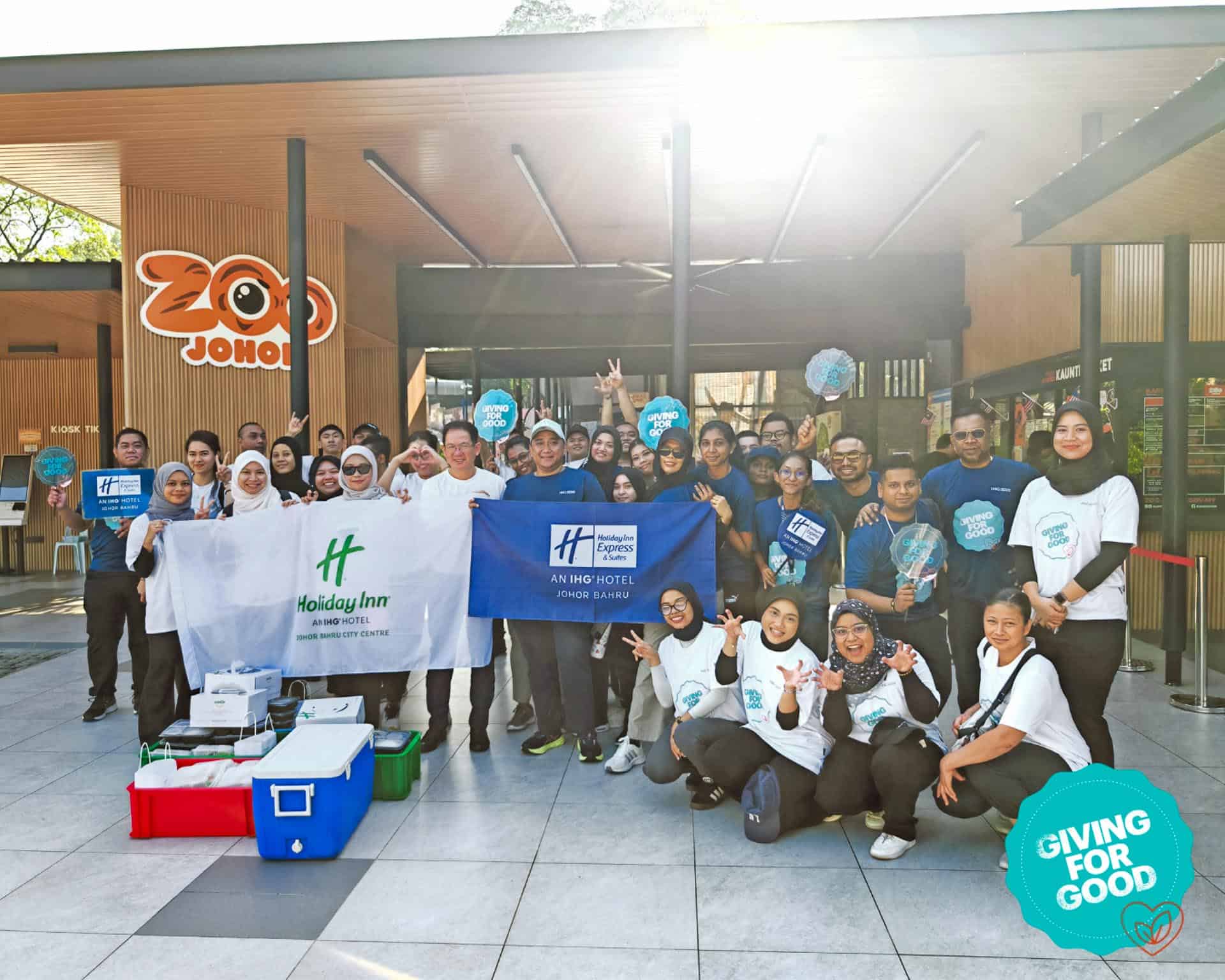
New research and analysis by Economist Impact, commissioned by Airbnb, shows a vast majority of Malaysians want to travel in ways that positively benefit local communities both economically and socially
Data shows Malaysians polled are looking to immerse themselves in the communities they visit and learn what is important to locals so they can contribute
The travel revolution is heralding new economic and social opportunities for off-the-beaten-path rural destinations
Kuala Lumpur, Malaysia, 30 November 2021 — Malaysian travellers are embracing the travel revolution with a laser focus on how they can ensure their trips are more positive and empowering experiences for the communities they visit, new research shows.
The rise of the ‘conscious traveller’ is increasingly presenting as an opportunity for communities to not only grow their local economies off the back of the travel rebound but also welcome an evolving form of empowering, win-win tourism that emphasises genuine connection.
New Airbnb-commissioned research and analysis by Economist Impact*, which surveyed more than 4,500 people across nine countries in the Asia-Pacific including Malaysia, found 93 percent of Malaysians polled said sustainable tourism is important, with almost 84 percent of them saying that the pandemic had changed how they think about sustainable tourism.
The study also examined attitudes towards holistically sustainable travel that encompasses social, economic, cultural, community and environmental aspects. In Malaysia, creating equitable outcomes and income for locals, as well as engaging with new social experiences and meaningful connections, emerged as the top two most important aspects of sustainable travel for those surveyed.
The research also found:
The research also highlights how the travel revolution is presenting new opportunities for rural areas, particularly those in emerging economies, as travellers become more open to exploring new ways of travelling and living:
This guided Malaysian Batik-making experience in Kuala Lumpur offers a hands-on experience for batik making, using traditional tools to create an original masterpiece while encouraging the continuation of textile traditions.
“Following the pandemic, travellers are thinking more about the implications of their travel choices and decisions”, said Pratima Singh, Senior Manager for Policy and Insights at Economist Impact. “As demonstrated by our survey findings, we’re seeing a trend where people are attempting to make their travel decisions more sustainable—economically, culturally and environmentally—and hoping to have a more positive impact by benefiting local communities.”
Mich Goh, Airbnb’s Head of Public Policy for Southeast Asia, said: “Just as the travel revolution is inspiring people to embrace flexibility and reimagine the ways they live and travel, so too is it spurring on the rise of the conscious traveller.
“In the wake of the disconnection and economic hardship brought by the pandemic, people are becoming increasingly thoughtful and deliberate about how they can use travel to make a positive contribution to the communities they’re visiting. They’re thinking deeply about how they can put their tourist dollars to best use and economically empower towns and rural communities that have struggled. And they’re looking to immerse themselves in these communities and forge meaningful connections, while also minimising any unintended negative impacts.
“Airbnb is committed to partnering with governments and communities to find ways to harness the travel revolution to deliver tangible and lasting benefits for everyone. It’s critically important that both industry and government come together to make the most of this once-in-a-generation opportunity.”